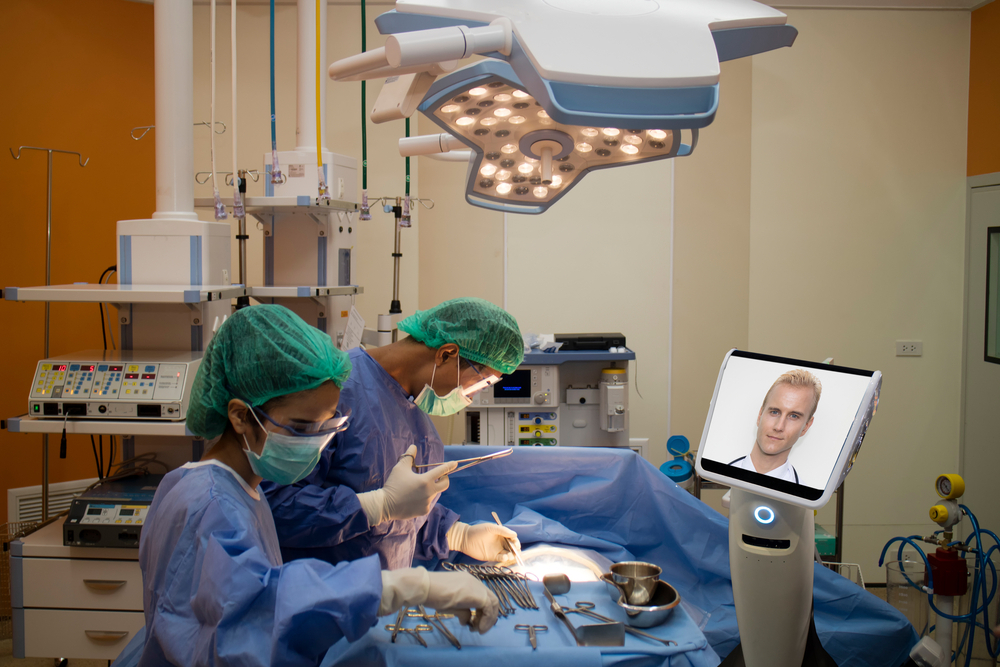
Takeaways • Visual management (VM) tools support Lean efforts, leading to improved quality and efficiency. • VM boards provide an overview of processes, facilitate problem solving, and promote staff-manager collaboration. • Other VM tools such as color coding and customized instrument trays can help reduce errors and save money. Lean…

What happens when a surgeon uses the monopolar instrument set on 30-W coagulation mode to create an upper midline incision in a patient with a pacemaker? Pacemaker function is interrupted, causing a heart block that results in hemodynamic instability—or at least, this is what could happen without taking the necessary…

Data is collected everywhere, from what we click online to whether we run a red light to how many steps we take each day. There is power in data. When leveraged effectively, data reveal patterns, insights, behaviors, and other potentially actionable intelligence. It stands to reason that data would be…

Editor's Note "Why is healthcare cybersecurity so bad?" This is the central question explored in a December 4 video from STAT health tech reporter Brittany Trang, who also wrote an article on the subject earlier this year. Brought into sharp focus by data exposures related to the recent attack on…

Editor's Note A recent study developed and validated an artificial intelligence (AI) model leveraging natural language processing (NLP) and machine learning to significantly improve prediction accuracy for surgical case length. Published November 29 in the journal Surgery, the findings show promise for using AI as an alternative to current methods…

Editor's Note A scoping review of 15 studies reveals that the COVID-19 pandemic significantly disrupted oncological abdominal surgery (OAS), leading to postponed or canceled procedures, adoption of alternative treatment plans, and increased psychological stress among surgical teams. Published November 5 in the American Journal of Surgery, the findings emphasize the…
Editor's Note Hospitals’ financial outlook is stable, although growth is slowing and certain costs are projected to increase, particularly for cybersecurity, according to two recent Becker’s reports on data from Moody’s Investor Services. The first, published November 14 in Becker’s Hospital CFO Report, notes that “hospitals are facing a stable…

Eliminating physical distance as a barrier to communication makes it easier for caretakers to help not only their patients, but also one another. This is the promise of virtual care technology, which offers system-wide potential for providers facing growing demand for high-quality, cost-effective care. For perioperative leaders specifically, advantages of…

When a speaker at a recent conference asked if anyone had achieved a first-case on-time start (FCOTS) rate above 90%, Jay Parker, BSN, RN, could have been the only one in the room with his hand up. However, Parker was not inclined to call attention to himself. As director of…

Editor's Note A recent OR Manager Conference presentation on enhancing OR efficiency and transparency—and, in turn, hospital profitability—is coming to the web. Tune in live this Thursday, November 14 at 1 pm EST, when leaders from LiveData will offer an encore presentation detailing how a medical center in the southeastern…